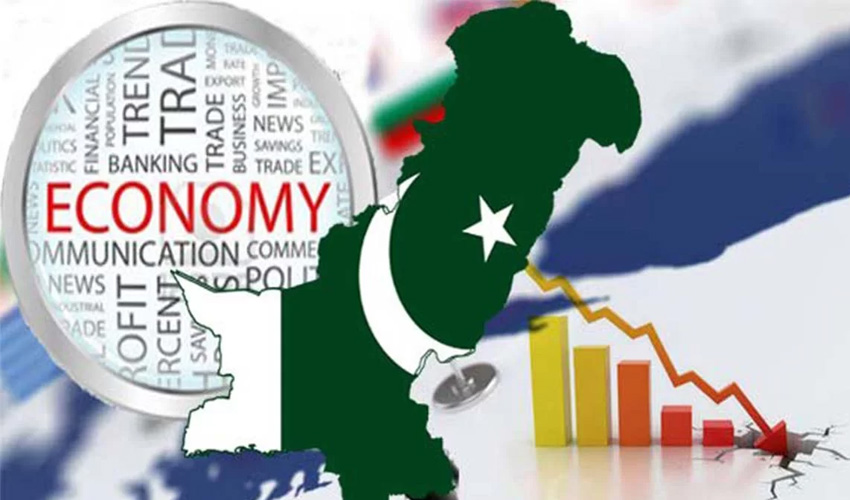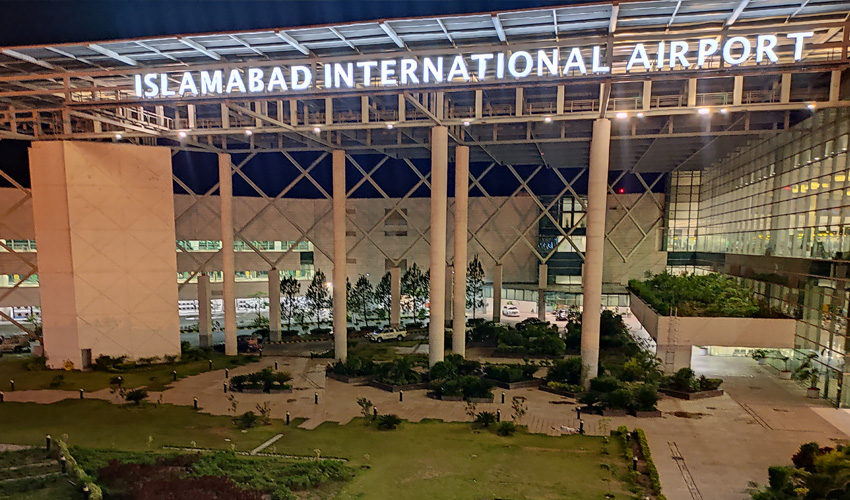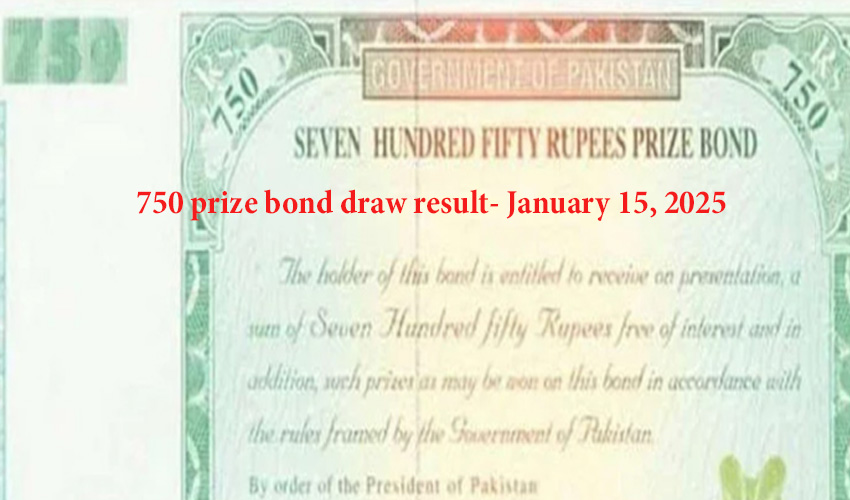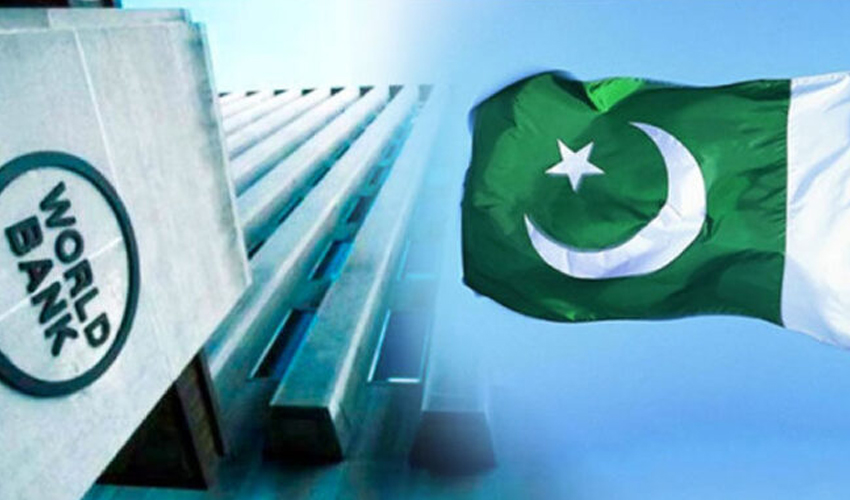International rating agency Standard & Poor's (S&P) has maintained Pakistan's long-term credit rating at Triple C Plus (CCC+), according to its latest report. The agency cited political instability and chaos as significant threats to the country's economic stability.
The S&P report indicates that Pakistan's long-term rating outlook is stable, noting improvements in the country's economic situation over the past year. The risk of Pakistan defaulting in the near future has decreased, with the nation expected to receive funds from the International Monetary Fund (IMF) under a new $7 billion loan program.
Additionally, there is a possibility of loan rollovers with Saudi Arabia, the UAE, and China, which will aid Pakistan in meeting its external financial needs for the next six to 12 months.
"Political uncertainty can affect economic performance and policy making," the report highlights.
Despite these positive developments, the report highlights ongoing challenges, including high inflation and tight financial conditions. S&P warns that more than 50% of the government's income will be allocated to debt repayment in the current fiscal year, adding pressure to the financial system.
While foreign exchange reserves have increased, they remain low, and financial stabilization efforts are expected to suffer due to persistent inflation. "Pakistan's rating may improve if the foreign exchange reserves increase and the financial situation improves," the agency observes.
Political uncertainty continues to pose a risk to economic performance and policy-making in Pakistan. The rating agency notes that ongoing political turmoil could hinder the implementation of necessary reforms under the IMF program. Additionally, potential border tensions with India and Afghanistan may further impact the economy.
S&P projects that Pakistan's economic growth rate for the current fiscal year will be around 3.5%. However, per capita income is expected to remain below $1,700 by 2026. Financial pressures may lead to an increased interest burden on the government, although the overall debt burden is likely to decrease."Pakistan's interest rate is among the highest in the world," the report notes.
It further says that the government is renegotiating loan terms with IPPs, which is likely to reduce Pakistan's debt burden. However, financial stabilization efforts will continue to suffer due to high inflation and political unrest. "Uncertainty will continue due to political unrest in Pakistan, which may affect the implementation of necessary reforms under the IMF program," it warns.
The report suggests that if Pakistan's foreign exchange reserves continue to increase and the financial situation improves, the country's rating could be upgraded. However, sustained political instability and high inflation remain significant obstacles to achieving economic stability and growth.



























